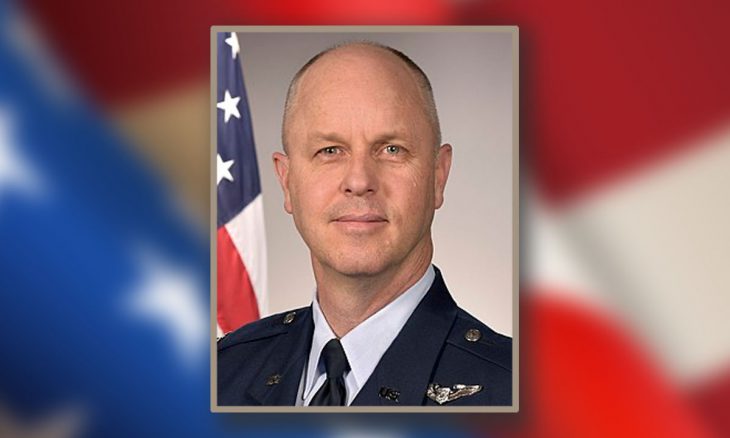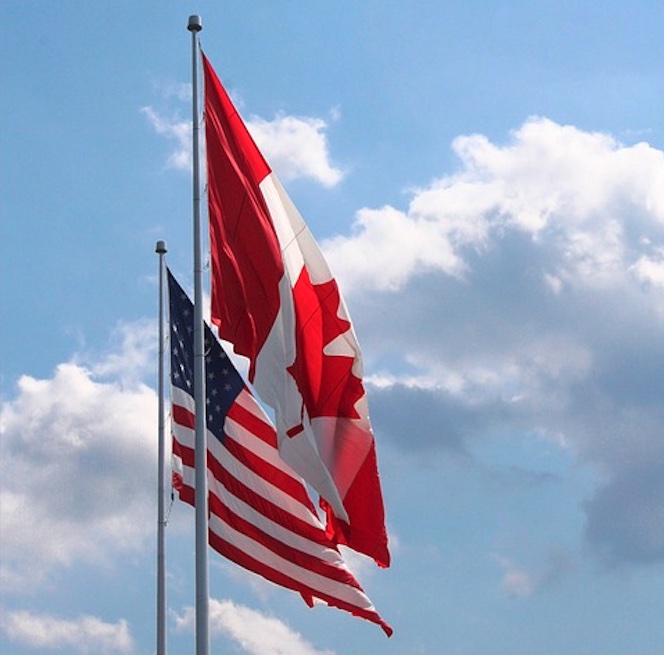Colonel Brett Swigert
Space Force Delta 7 – Intelligence, Surveillance and Reconnaissance
Brett T. Swigert earned an undergraduate degree in communications from Brigham Young University where he also earned a Master of Public Administration. He has taken advantage of many other educational opportunities afforded him by the U.S. military. He received his commission through the Brigham Young Air Force ROTC program.
He has served a number of posts in intelligence. He has been a Flight Commander, Commander of Cadets, Squadron Director of Operations, Deputy Inspector General, Squadron Commander and Deputy Group Commander. He served in the Joint Staff and the Office of the Secretary of Defense.
Swigert was Chief of Intelligence, Surveillance and Reconnaissance Operations at the Combined Air Operations Center. He has over 1,000 flying hours, including more than 500 combat hours, flying 53 combat missions, including deployments to Operations Iraqi and Enduring Freedom. Prior to his current position, he was the Chief of Intelligence Operations with U.S. Space Command in Colorado.
In the News…
The leader of the Space Force intelligence service said they will be adding five new intelligence squadrons to gather intelligence about space activities by other governments.
“Those of us who’ve been in the military for a little while, over the last 20 years or so, we’ve been very focused on counterterrorism and the old [Global War on Terror] battle, and we’ve really kind of taken our eyes off the ball in space,” Colonel Brett Swigert, commander of the Space Force’s Space Delta 7, said.
“Our competitors have really made a lot of progress, creating a lot of capabilities,” Colonel Swigert said. “Not just spacecraft that were put into space, but potential weapons as well. So we are really trying to turn things around and get back to where we should be as a Space Force, understanding the space domain better and understanding the threats that are out there.”
He said the Space Force is “going to put intel operations right next to the space operations and that they’re going to drive operations.” He said they anticipate a “footprint pretty much all around the world,” with three new squadrons already activated and two that will stand up later this year.









